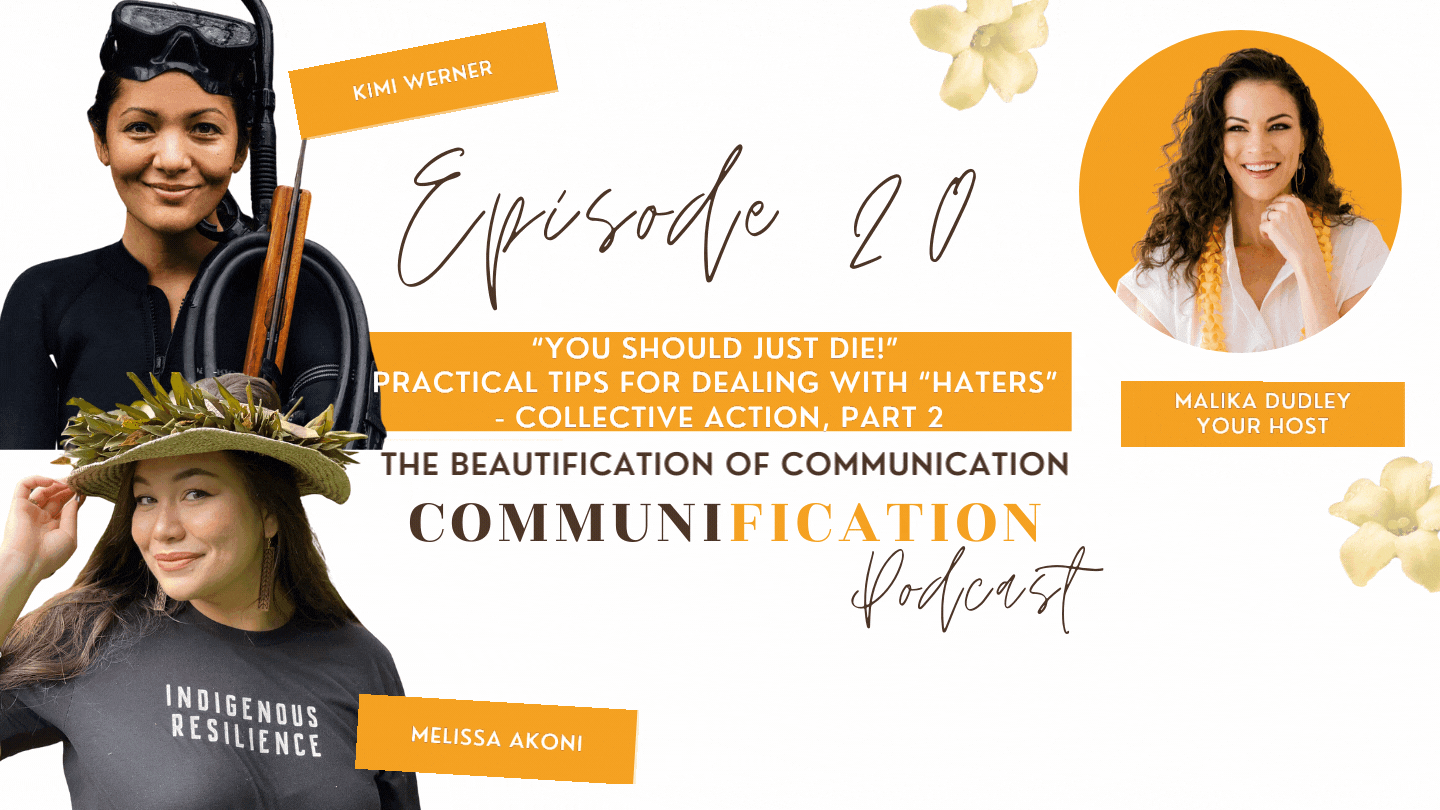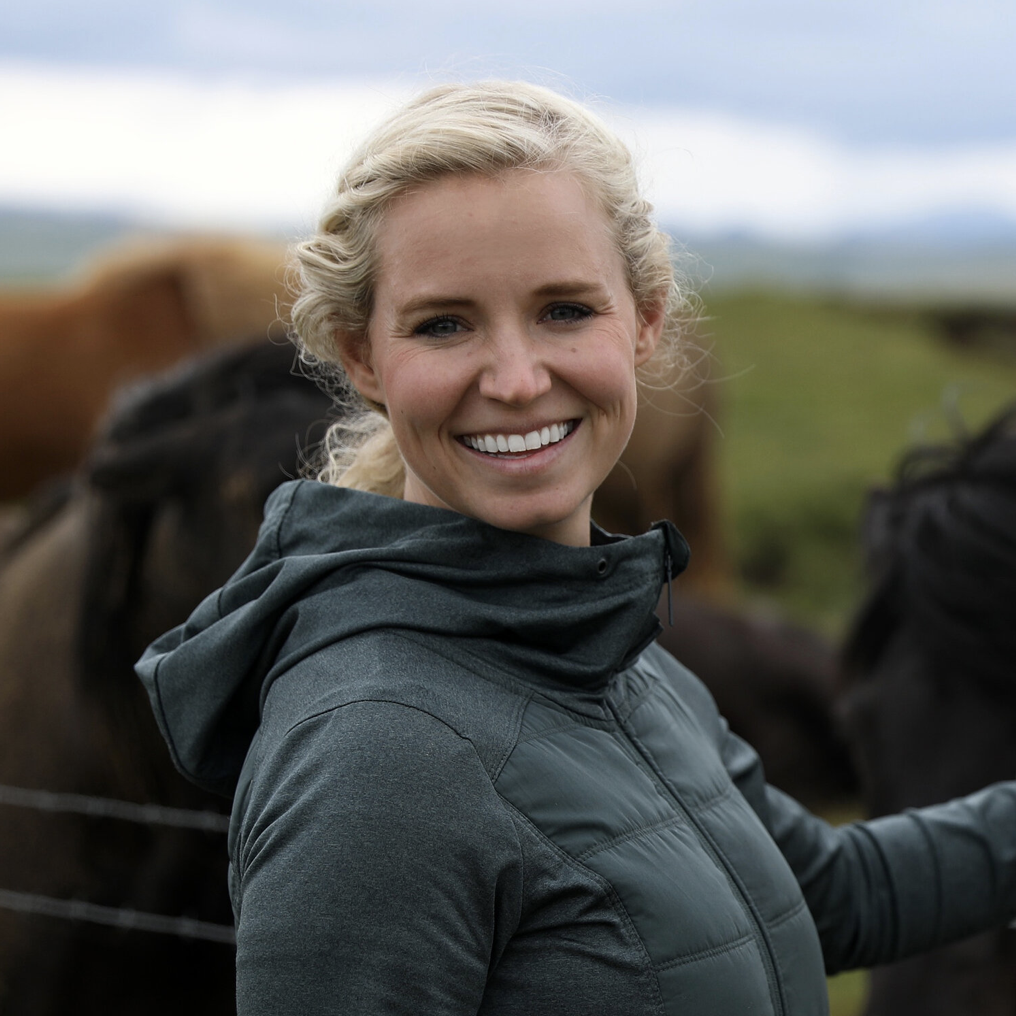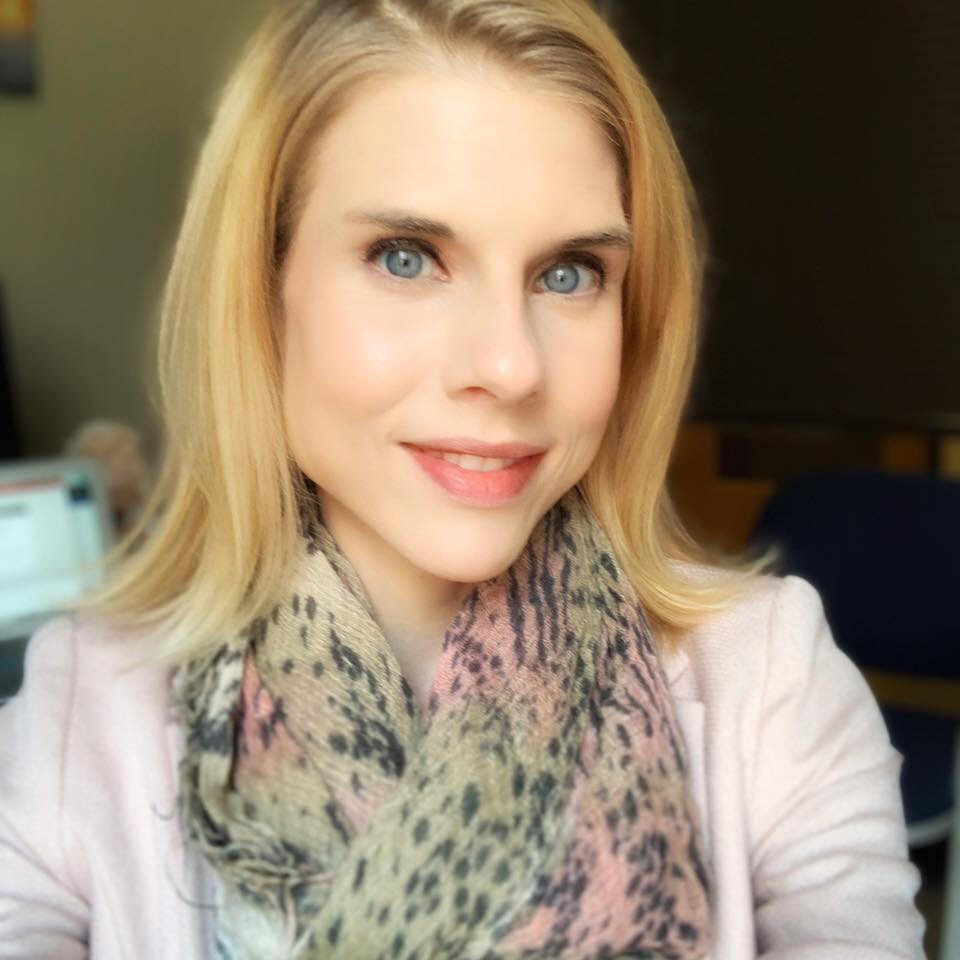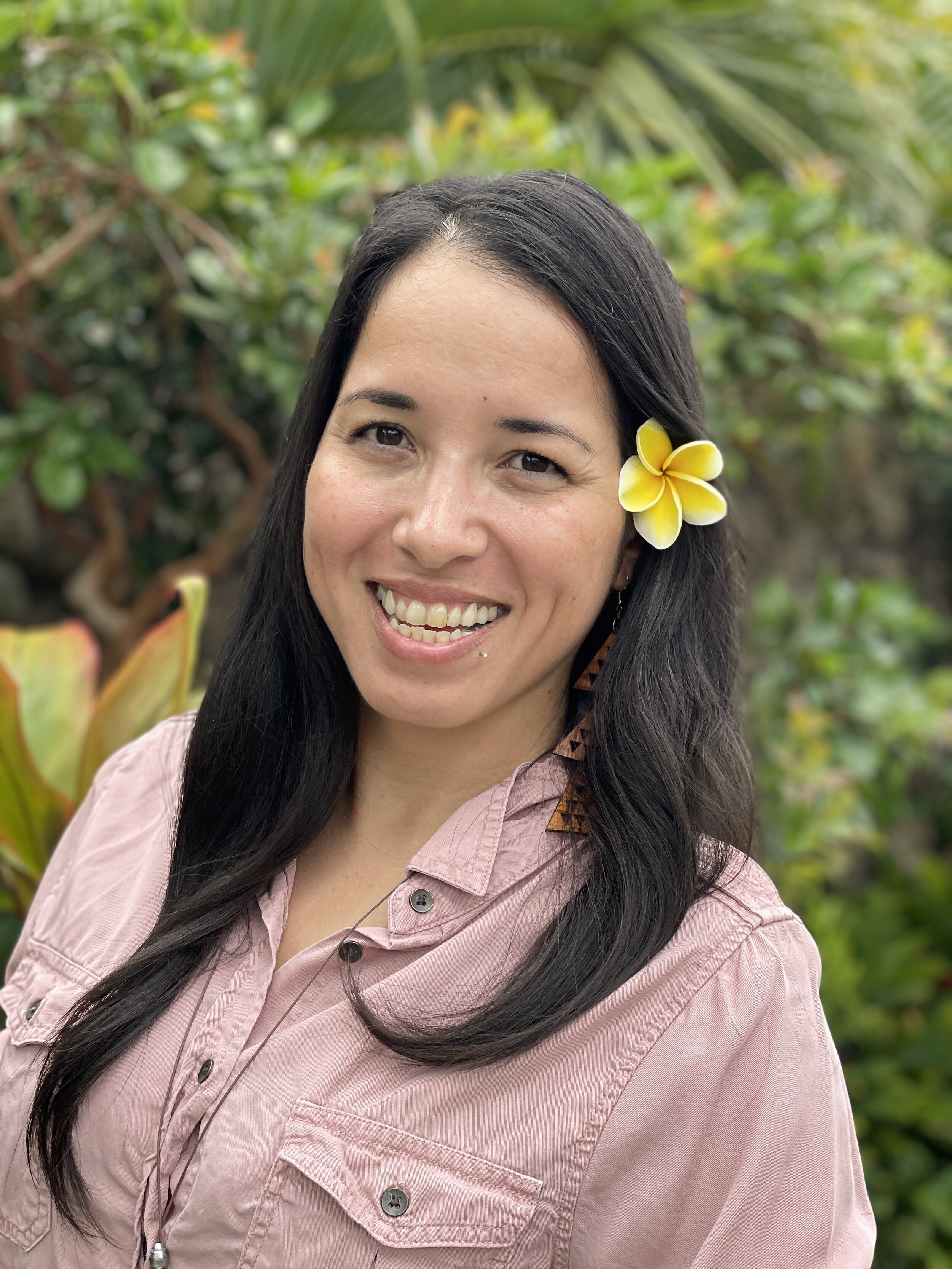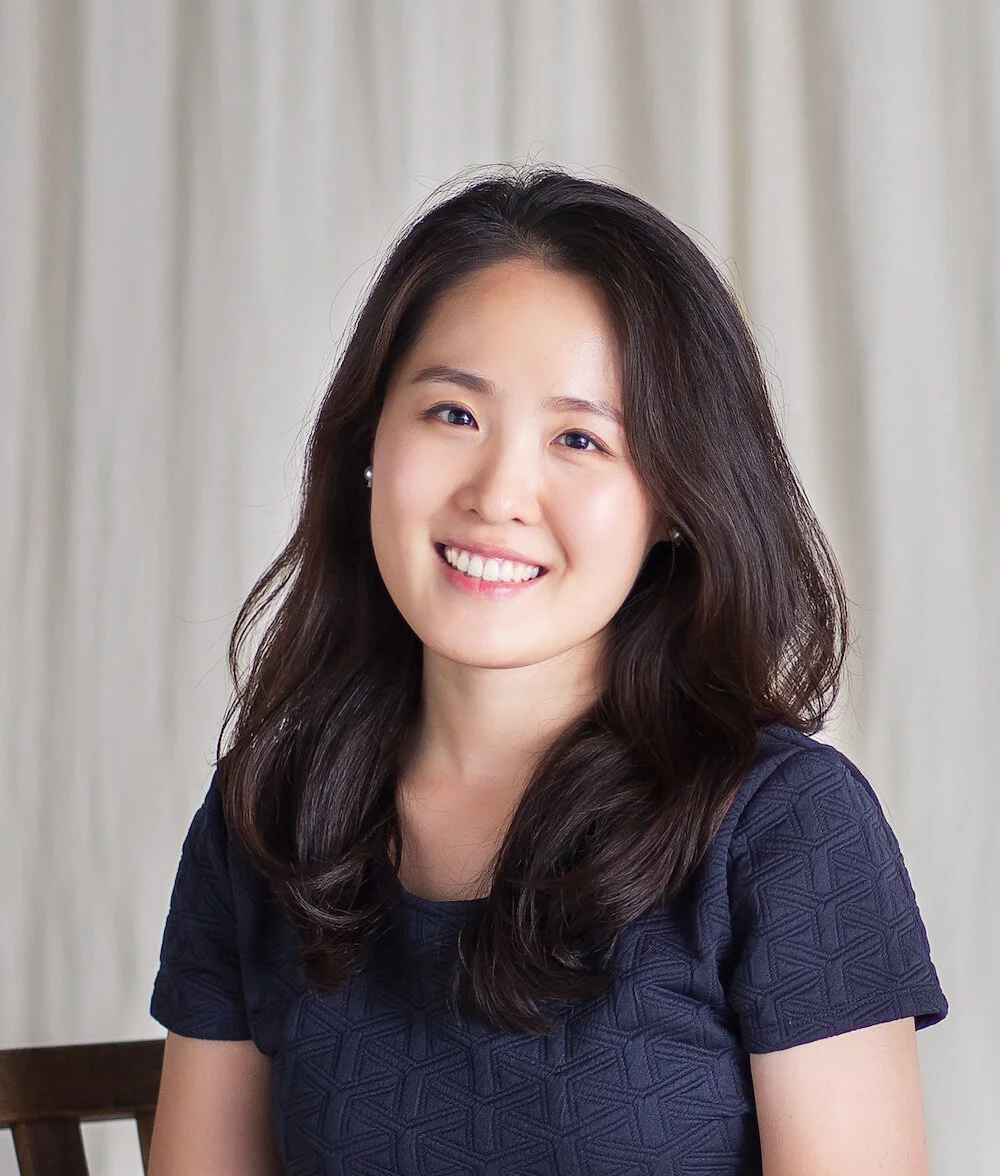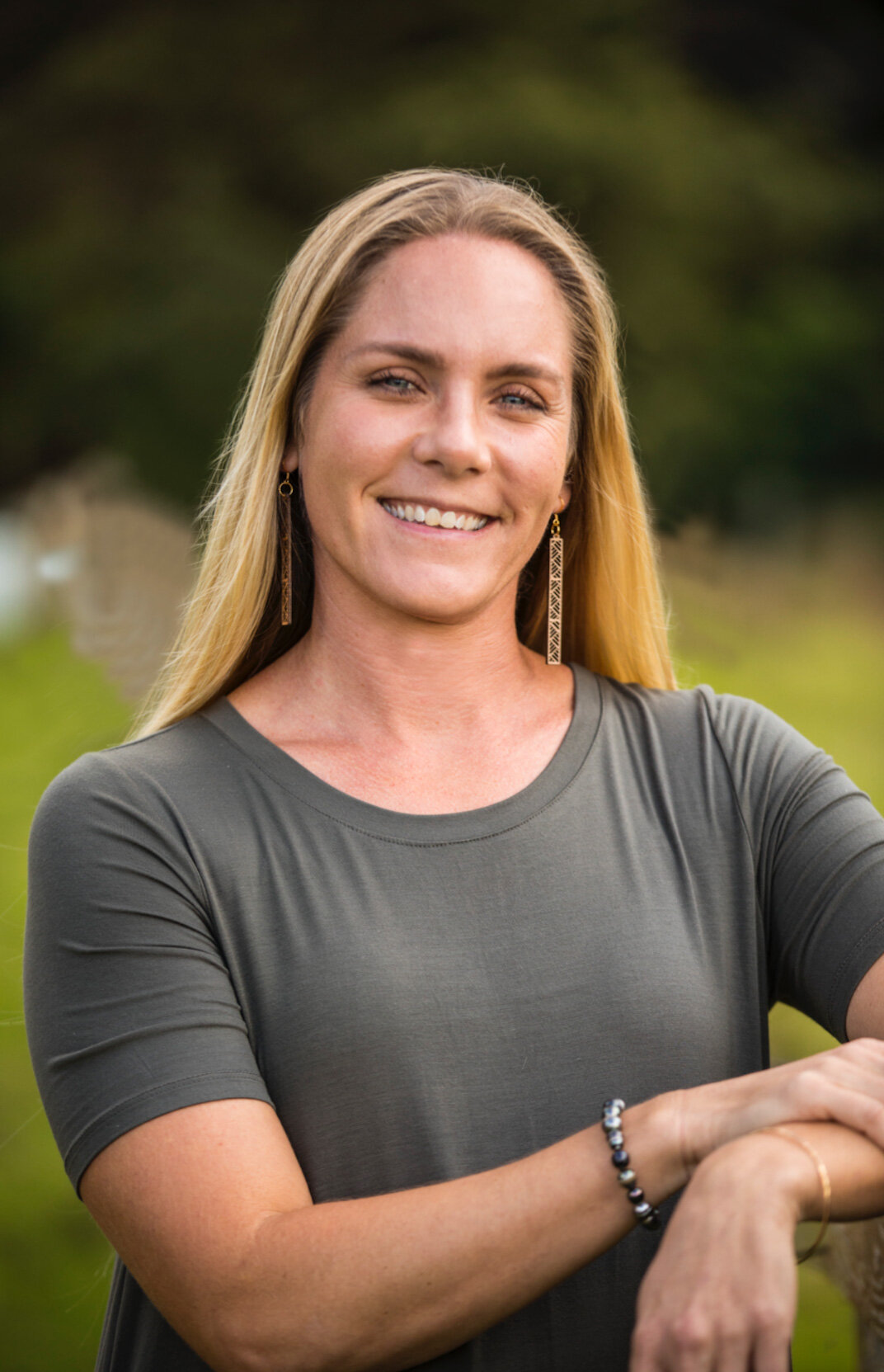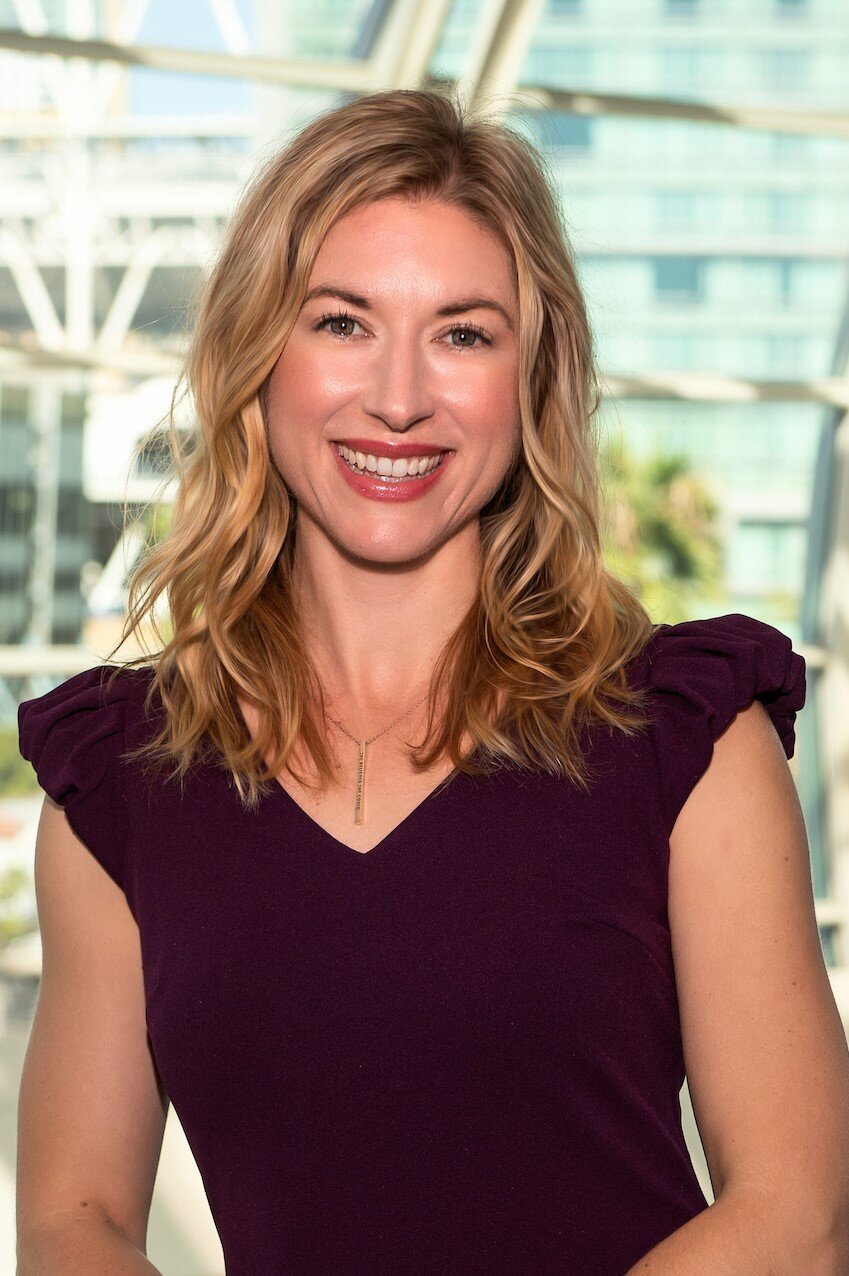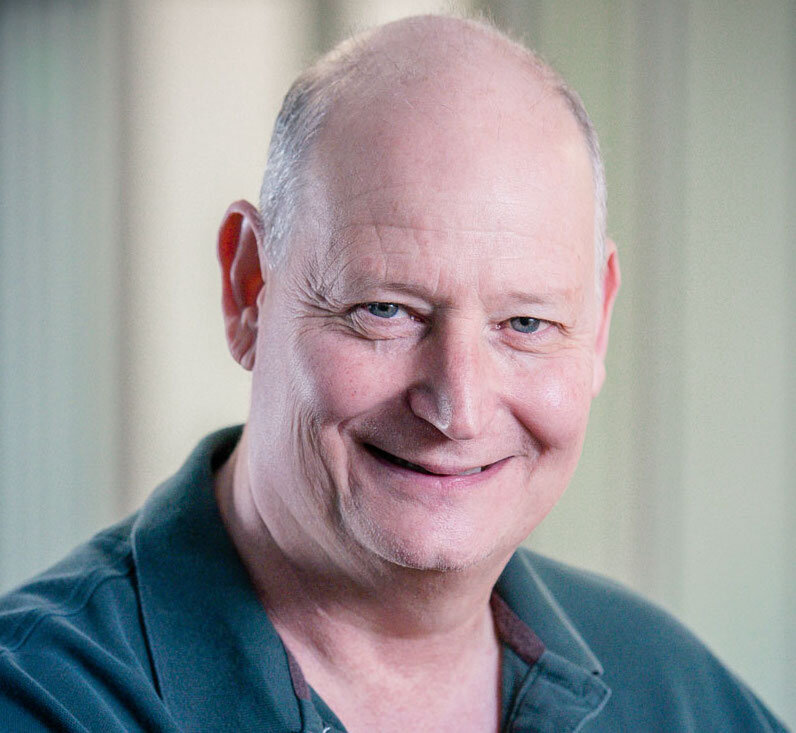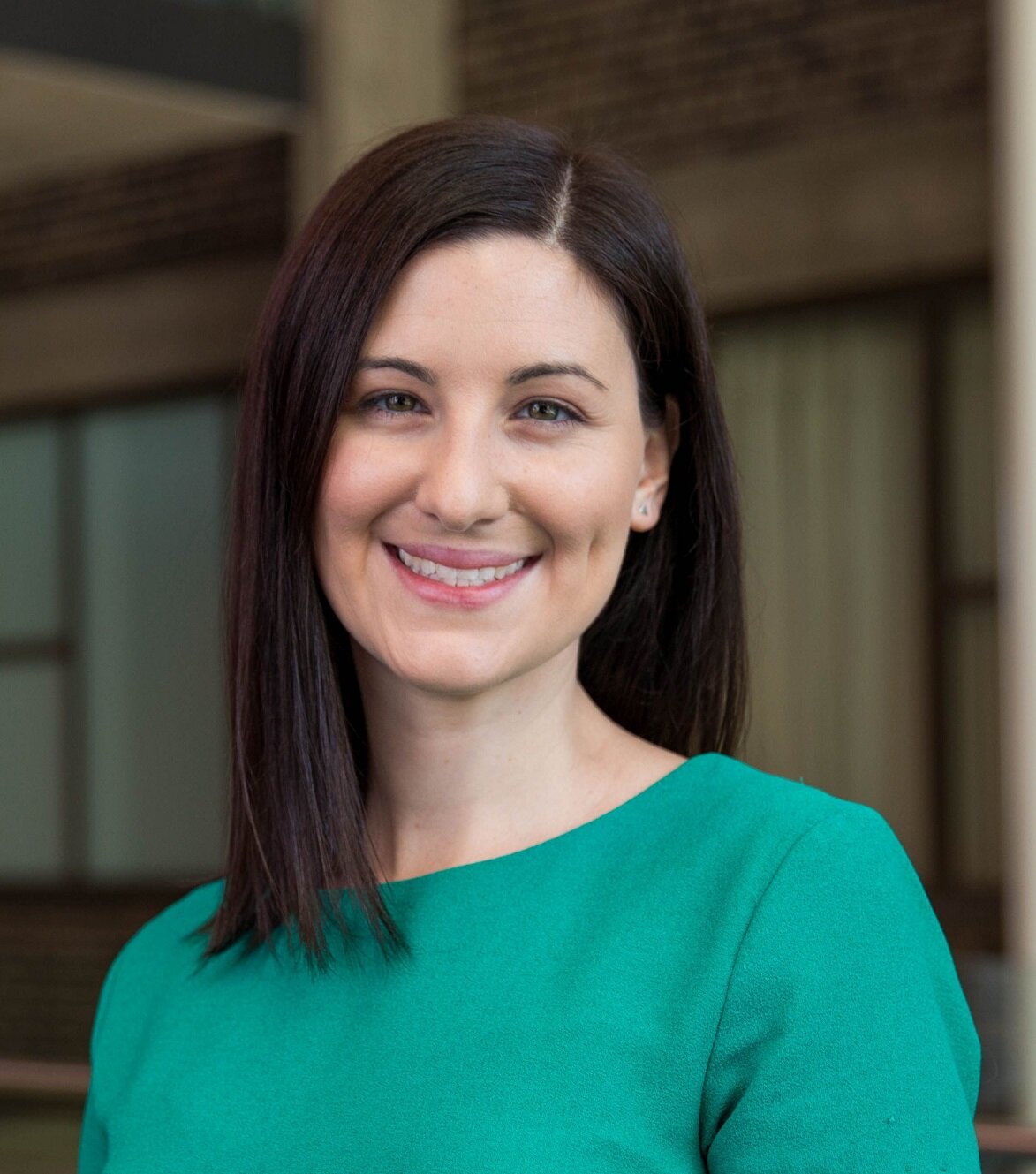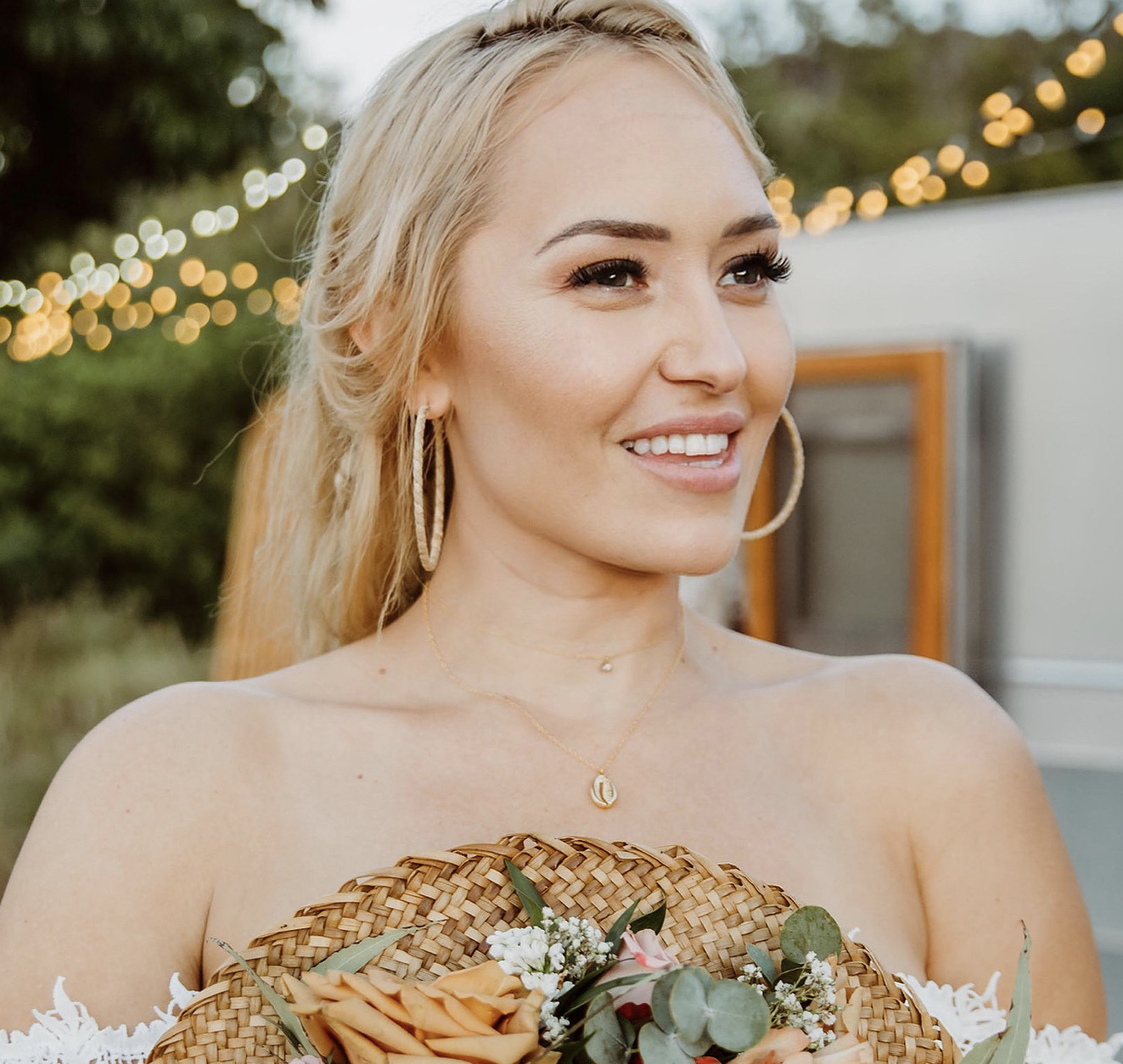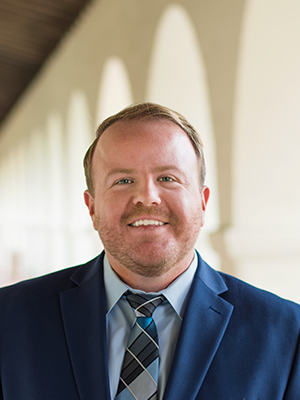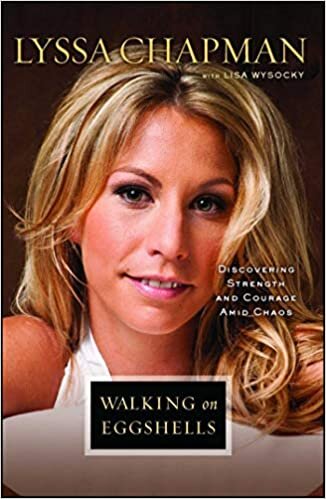Ep. 20: “You should just die!” Practical tips for dealing with “haters” - Kimi Werner & Melissa Akoni discuss Collective Action, Part 2
Below you will find the show notes for “Episode 20” of the Communification Podcast.
Mahalo for listening! Welcome to the ‘ohana!
Main takeaways
The spiral of silence is real
Responding to negativity looks different every day
How negative comments impact our personal lives
“Guru” mode vs. Two fists up
Some practical tips for dealing with the “haters”
Time codes
[] KIMI’S FEELINGS ABOUT THE SPIRAL OF SILENCE AND HOW IT IMPACTS HER PERSONALLY
[] REFLECTING ON, AND TRYING TO SEE NEGATIVE COMMENTS FROM THEIR PERSPECTIVE
[] OPERATING FROM THE “GURU” LEVEL - CENTERING ON LOVE, UNDERSTANDING, AND KINDNESS
[] LISTENER QUESTIONS FROM @LANARK11 ABOUT DEALING WITH NEGATIVITY ONLINE
[] HOW THE NEGATIVITY WOULD SEEP INTO DAILY LIFE AND IMPACT PERSONAL RELATIONSHIPS/FAMILY
[] THE EVOLUTION OF HOW KIMI WOULD RESPOND TO NEGATIVITY ON HER SOCIAL MEDIA POSTS
[] RE-CAP OF RESEARCH-B ASED STRATEGIES WE LEARNED FROM DR. HAWKINS
[] ONE ACTION TODAY, CAN LEAD TO BIG CHANGE IN THE FUTURE
[] TRY NOT TO BE INTIMIDATED BY SOCIAL MEDIA, BE YOURSELF UNAPOLOGETICALLY, SHARE YOUR MESSAGE - DIVERSITY IS A BEAUTIFUL THING
Kimi Werner bio
The ocean has long been a source of sustenance, inspiration and adventure for Kimi Werner. As a young child growing up off the grid in an isolated part of coastal Maui, she floated behind her father as he freedove for her family's primary food source. Only later as an adult on Oahu did she understand the central role the ocean was to play in her life when she discovered her own passion for free diving. Kimi has gone on to become the United States National Spearfishing Champion, a certified culinary chef, an award winning artist and a sought after speaker. Her daily life is a pure fusion of her talents, rooted in sustainability and geared towards a healthy future for our global community.
Melissa Akoni bio
Melissa is a Kanaka ʻŌiwi woman and mother born and raised between Keaukaha and Pāhoa on Hawaiʻi island with a deep sense of kuleana to advocate for and spread awareness on the issues our native Hawaiian community experience here in the islands. She uses her social media platforms as an outlet to challenge the paradisiacal stereotype of Hawaiʻi that is prevalent on social media and tries to educate others on the true histories and price of living in Hawaiʻi. Melissa currently works as a Kumu Kākoʻo at a Hawaiian Language Immersion school and is working on becoming a licensed Hawaiian Language Immersion teacher.
EPISODE 20: “You should just die!” Practical tips for dealing with “haters” - Discussing collective action with Kimi Werner + Melissa Akoni, Part 2
Malika:
What about you Kimi?
KIMI’S FEELINGS ABOUT THE SPIRAL OF SILENCE AND HOW IT IMPACTS HER PERSONALLY
Kimi:
Very similar feelings. Haven't had anything, I don't think I've had anything removed, maybe one video in Papua New Guinea, because there are nipples, but I would say I was more affected by exactly what Melissa just described, where…
I believe in what I eat, what I feed my child, but not everybody wants to see dead animals. And it definitely, especially years ago would stir up like, oh my gosh, some of the most hateful things that you can say to a human being, you know, like, "you should just die." "I hope that you get shot in the head instead of that fish" or, you know, "how dare you." And just like so much hate coming in towards something that I truly believe in and try my best to be absolutely thoughtful about.
And it means so much to me that I think that when all this hate would just spew through. Yeah. It definitely makes it hard. And it makes you think twice about, you know, about how much you want to put yourself out there. It doesn't change how you feel. I feel about it, but it just becomes very clear.
I think the more that you post, the more that you see, like this is an easy, popular thing to do, which is a very easy way where everyone's gonna like it. Everyone's going to be happy and this type of posts will go well. This one, which might mean just as much to me or even more to me, it's just not going to be popular.
And this one which might mean the most to me is probably going to stir up a bunch of negativity.
So that becomes a grueling place to be when you're making a decision. And sometimes, you know, sometimes you do fall into silence because sometimes your own body and spirit can only handle so much. We're not, I don't think built to be necessarily be getting punched in the face every single day of our lives.
But there's other times where you wake up a little spunky and you're just like, The hell with it. This is how I feel. This is what I believe in and I'm going to do this, you know?
And so I think that's also why I said my disclaimer at the beginning of it, I try not to take it too seriously. And I try not to say this is what I'm delivering is because it's going to be different every single day, because I'm a human being with real feelings. That is something I feel like I definitely had to kind of go through, but I will say that in the early days I kind of would duke it out.
Like I would get so offended when people would say things and then I'd go look at their profile and they're eating McDonald's and whatever, you know, and I would just be like, okay, I will spend all day responding to every single comment because I have something to say about everything. Cause that's how much I care.
And I spent way too much energy doing that. And a lot of times, as it's all back to what Melissa was saying, a lot of times it wasn't in the most "break it down" way. It was in a way of like, "You're ignorant, go eat your pork grinds, Meg, and think about it."
Malika:
Yeah. There's like an emotional response in there.
REFLECTING ON, AND TRYING TO SEE NEGATIVE COMMENTS FROM THEIR PERSPECTIVE
Kimi:
And I ended up wasting so much energy fighting with people. But then it got to a point where I had to ask myself, okay, Kimi. Yes, they might be ignorant. Yes. Maybe you can just smash them by fighting back or whatever, but maybe you're a little ignorant too.
And I had to like check myself and say, you know, I was raised in a way where in my very, very early years, like my family literally did live off the ocean and the land.
So I was raised in a way where I knew exactly where my food was coming from, where I was taught to like, respect that, that takes care of us and understand this, you know, but that's not how most people were raised.
You know, and if I was just raised in a totally different way of being brought up, and not understanding this connection and connecting the dots, but I have maybe some sort of feeling in my heart that I want to be connected to nature that I want to be connected to these animals and to these plants and whatever, but I don't really have that connection. Cause I wasn't raised that way.
I could be eating my McDonald's and then see a picture of a girl with a spear and a dead fish and say "bad guy," but that could really, even though it's ignorant, it could be coming from the same place. It could be coming from the same place that we are a part of nature.
It's not like men and the ecosystem like we are. And because I think the more disconnected you become to that, the more civilized you are and the less connection that you have, I think sometimes these knee jerk reactions just come out in really weird ways because your soul does want to connect to something and doesn't know how. And so gets all riled up when they see something that they think they're supposed to be against.
And so then I had to ask myself, What do you care more about your ego and the fact that someone's attacking you or do you care more about this movement? You know, cause if you truly care more about this movement, you shouldn't be bashing that person, telling them to go eat their pork rinds and, and, you know, I won't swear but whatever.
You should be trying to bring them in. And so then I started really being like, no matter how horrible what they said was I would literally, I'd have to like shake it off, but then I would come back and I would say, Well, thank you so much for caring about the environment and the natural world, or I really appreciate that you do. And I do too. And this is why I do what I do. And this is the meaning that it brings to my plate. And I would love to learn about how you feel about your own plate, or whatever, whatever it was.
OPERATING FROM THE “GURU” LEVEL - CENTERING ON LOVE, UNDERSTANDING, AND KINDNESS
And I would, it was crazy though, because the minute I started operating from that level, it not only would just disarm the person, but it was like, it was crazy because I think half the times they were calling me like a Savage or a disrespectful person.
And then when I would respond with such respect and really try and put the movement first, not my feelings first put them movement first. That was something that I think was felt, and that was read. And the majority of times I would get a lengthy apology and a thank you for explaining this to me.
And what was really neat, you know, how you say when it comes to, when you read the comments, when you see people hiking up, Haiku stairs. How people are now educating. That's what I saw happening after that is.
When I was responding with my two fist up, my followers would respond that way too. When I started breaking it down to people in this super respectful way, putting the movement first, half the times when I would get a negative comment, I'd be like, oh, I'll get back to this later.
You know, trying to shake off the vibes, and then I come back and I wouldn't even have to touch it cause there could be seven people are already approaching it in this thoughtful, beautiful, like such good communication way, and it would get resolved and I could just step back.
And I will say like, I don't even, I'm sure it's not done forever, but I feel like I don't even really have to hardly do that anymore.
Like, It's pretty cool.
Malika:
Well, you know who you are and you're coming from your values, your soul, you're just being authentic. And so even for yourself, when you're reflecting on it, it's so much easier to get through, right? Because you're like, well, this is me. And if you don't jive with that. Too bad. And it doesn't impact you even as it would have right prior to like this shift in the psyche.
And thank you for answering the question because we actually had a viewer question from @lanark11. Here it is...
LISTENER QUESTIONS FROM @LANARK11 ABOUT DEALING WITH NEGATIVITY ONLINE
@Lanark11:
Hi Malika, Melissa and Kimi. Thank you for having me on the show. My question is how do you respond to people on social media who don't agree with you? It seems like a lot of conversations on social media are back and forth and not very productive. So I wondered if you had any tips for people to communicate better when they have different ideas.
Malika:
So you gave a beautiful answer. I've also experienced similar with, believe it or not hurricanes and flooding and like severe weather, people get upset about that stuff. When the hurricane doesn't hit and I'm like, I, okay... same as you right. You got to just, okay. Go from that place of what do I know? Who am I? Who do I want to be on social and in my real life? And come back with that kindness and understanding, and you know, thank you so much for your, your comment. I'm so thankful that now we are able to actually see hurricanes when they come.
Can you believe what that must have been like before this technology was invented that a hurricane would just hit. Now, we are so lucky to have people like the national weather service working around the clock for us, to keep us safe. And you know, you go there and same thing, then you start to get back from them.
Oh, I didn't really think of it that way. And thank you for being kind and you know what I mean? And, and apologizing for the way that they acted because they were really being "you know." What about you, Melissa? And this will be our last question, which wraps us up.
HOW THE NEGATIVITY WOULD SEEP INTO DAILY LIFE AND IMPACT PERSONAL RELATIONSHIPS/FAMILY
Melissa:
Yeah. Going back to what Kimi said, I feel like I kind of experienced a similar shift too, because before in the height of COVID, which is when I started like really creating content and things, I had a lot of time on my hands, you know?
And so I would be fighting back and forth with people in the comments. At some point I started to realize, like sometimes I just argue with people because I want to win an argument. I mean, I feel like I was always in the right obviously, but you know, like I was like, okay, well, how is this really conducive to change, effective change?
I was like, it really isn't and it would get me in a really bad head space. Like I would just be really frustrated and sometimes that would translate into my life because I just be really frustrated and tell my Kane (man) like, I don't want to deal with it right now. I just want to sit in the room and like fight with people that I'm never, I don't know who these people are, sometimes they're blank profiles. And really is it worth my time?
Because then it was eating into my time with my children and with my family. And sometimes I would just be put in a bad mood for the rest of the day.
After a while, I was like, you know what, like half of this stuff, more than half of this stuff can be left, especially if they're really nasty comments that it's coming from, people who really don't want to change their mind. They just want to have that effect, get an argument out of you. And then you start to recognize when this is happening, but whenever I would come across a comment that would be offensive it still offended me, but maybe these people they're just ignorant. They don't know better.
So they're coming across like, oh, like one comment I would get a lot, but don't you guys need tourism anyway, wouldn't you guys. What is your whole economy fail? Wouldn't you guys basically be like whatever, and I'd be like, and I'd go back and I'd comment. Yes. Tourism is a large part of our economy, but that would just provide us the opportunity to diversify, invest in our agricultural industry, and we need more sustainable farms rather than more Airbnbs rather than more vacation rentals, rather than cash crop agricultural farms or more high rises and things like that. So sometimes I would go back and be like, Hey, I'd go in, calm the patient and you try and educate in a more non-confrontational or aggressive way.
But yeah, like sometimes, I'll be honest. Sometimes I still do get a little irritated and I'm like, Ah, you're ignorant go outside, touch some grass, like whatever.
Malika:
We're all human!
Melissa:
Kimi, like you were saying, you know, day to day, things may change because we're human. Right.
One day I might wake up, I see a comment. I'm like, you know what? I have the time today. I'm not going to be patient. And some days I wake up and I'm like, you know what, "it's okay. Let it go."
I'm still, I'm still learning, navigating through that. But generally if somebody disagrees with me and I feel like they're not coming out of a place of just purely wanting to offend and hurt, then I will try and do what I can to try and come to some common ground.
You know, Hey, by the way, yeah, you think that, but this is why I said, what I said, this is what I mean, this is what I feel. And usually, a lot of times people are like, oh, you know what? I never knew that, they don't want to argue back. They're like, thank you. Thank you for showing me patience or showing me grace.
And then it makes me feel better. Those interactions are always more fulfilling or gratifying in a way, because I could have turned this into a really heated thing and we would have just been going back and forth and no ground would have been made like anywhere other than me being irritated. And this other person probably being irritated, wherever they're sitting on their phone screens, just like I am.
Kimi:
Totally 100%.
Malika:
I totally agree. I'm thinking about the spiral of silence and how people are afraid sometimes to stand up for what they believe in, yet there are so many people that will write that hateful comment, expressing their very strong opinion about something.
I don't know. That just struck me as I'm listening to you both.
THE EVOLUTION OF HOW KIMI WOULD RESPOND TO NEGATIVITY ON HER SOCIAL MEDIA POSTS
Kimi:
Yeah, totally. And I mean, I feel like it's been like this interesting evolution of how I handle negative comments, because like I said, at first I would do everything in my power to smash them and it was the same exact thing.
My husband, then boyfriend could always tell when I was dealing with that because of my body language and because of my lack of interaction with him. I just would be irritated. And so it would affect the way I would treat people I love around me because I'd be like doing a silent fight, you know? And then worst of all, though, I would smash them so hard that sometimes they would delete their profiles. And then I would just end up thinking, does that really create good change?
And then I went to the full, like, I'm not going to call it the guru stage, but where I really would try and give everybody love and respond other respect and thank them for their comment and speak from my heart vulnerably about why I do what I do. And that was amazing and definitely I saw the positive change.
But I can't say that's how we're supposed to do it. Like that's a lot of work, you know?
And one thing I also noticed with that, that was a really good effect that I saw but I also had to question myself and say, how is it though Kimi you got like 140 positive comments giving you love. You never responded to one of them. And then this one person who comes in guns a blazing, you're going to give them all that love and attention. There also was something that felt a little backwards about that.
And then when I was pregnant, I was just like, no, I am just going to delete these negative comments because I don't want any toxic energy around me or my baby.
So it was forever changing, you know? And I don't think there's a real necessarily set answer that I have, but I think that everything to take in account when you get a negative comment, it's just, what's worth it? And that's going to change every day. Sometimes, the goal or the movement's worth it. Sometimes your own personal wellbeing is worth it, you know, and sometimes it's delete that and move on, you know?
Malika:
Well, both of you have hundreds of thousands of followers. So it is, it literally is. It's like a whole day job. It's a full-time job to reply to all of these comments. Good and bad, right?
Because you do want to engage with your following, especially when you represent something or if it's something that's really important to you and you are trying to go for collective action, right?
A couple of things that popped into my head just listening to you both with anyone who's thinking about putting out this type of, whatever you believe in right, “content” on your profiles. But you're worried about the spiral of silence and you're fearful of posting it because of the criticism, a couple of things.
Number one, what I'm hearing from both of you is like that practice of compassion with treating others that clearly... something's going on with them, for them to have to spew like such hateful things.
Cause there are other ways of expressing your opinions, that aren't in line with someone else's opinions, that can lead to a constructive conversation and communication. But clearly if something is triggering us in that way, it's because of the way it's being said as well. Right? And so that practice of compassion can be something that's quite fulfilling for, for you as the person who created the content that by responding as the "guru," as Kimi said, you're going through this practice that really helps with massaging your soul and who you are and who you want to be. So, you know, I like that side of it.
And then there's like the practical side that there are tools on social media that you can use. So for example, on Instagram, I have my settings so that only people who follow me can comment and that pretty much got rid. I don't have a following like you guys. So, you know, it worked for me because I I'm on another level down here.
But, by doing that, I didn't get like the troll-y ones, you know, or like the weird ones, I'm like what, where did this come from? I don't need this energy, these people that don't even follow me, because that is one of the beautiful things about social media is that people actually have to push the button and they have to go I want to follow this person. So some part of them, right, like wants to be a part of your life. And so when you cut off all the people that are just trying to, they don't even follow you, they don't care, whatever, then they can't comment.
Kimi:
That's a good idea.
RE-CAP OF RESEARCH-B ASED STRATEGIES WE LEARNED FROM DR. HAWKINS
Malika:
Just a little couple tidbits. So to button up our time here, the research-based strategies that were shared by Dr. Hawkins were... Media literacy. We really need to think critically about what we consume online and who to believe, becoming active social media users rather than passive consumers was another point he made, and engage with pro-social collective action by sharing, liking, commenting, donating. You matter! Your actions matter and realize that your voice matters.
So ladies, any last things that you'd like to share before we go?
ONE ACTION TODAY, CAN LEAD TO BIG CHANGE IN THE FUTURE
Melissa:
I would just say for especially the younger generations, if there's something that you truly believe about, use your voice, use social media, even if you don't have a platform. I think every thing that you can do that you are able to do, has an impact. Even if you think like, oh, if I just sign, I'm just one signature on a petition.
I think every little thing counts. If you are moving towards... if you're helping the movement, and the causes that you really truly care about. It's just the introduction, you know, signing a petition today, and five years later, you know, you're going to be a member in house pushing for bills that will help support causes that you make never think that what you're doing doesn't have meaning.
TRY NOT TO BE INTIMIDATED BY SOCIAL MEDIA, BE YOURSELF UNAPOLOGETICALLY, SHARE YOUR MESSAGE - DIVERSITY IS A BEAUTIFUL THING
Kimi:
I would kind of have to echo that and just say, I think social media can be an intimidating platform to be your true, authentic self, but it is so important that, that you don't shy away from that.
I think that it's a place where it can kind of sometimes make us feel this pressure to fit in and to have our posts, or ourselves, or our bodies, or our beliefs or whatever it is look like the next person next to us.
I don't believe that that's the answer. I believe that diversity is the most beautiful thing in the whole wide world. And so if you have something to say, or if you believe in something, or if you just being you is different than the person next to you, good for you. Own that, and know that we need more of that in this world.
And even if it isn't measurable like the other people you're looking at, even if it isn't as popular, even if it never leads to these movements, you're doing your job just by being you.
And that that's what this world needs. And that's what we all need. It's not about fitting in. It's about a sense of belonging and the more that there's so many of us all different in our own unique, beautiful ways, sharing this world together. I mean, that's the kind of world I want to live in, not a monochromatic one.
Malika:
Uh, I love these episodes because of how we're able to see how that academic knowledge really relates to real life. So thank you so much for being vulnerable and sharing with us today on the podcast.
I'm sure that our listeners just start drinking it all in and thank you so much for sharing your time with us today.
Melissa:
Thank you. Thank you for having me.
Kimi:
Thank you both. This has been really uplifting. I can't even explain. I really feel privileged to be a part of this conversation.
Malika:
Oh, you're gonna make me cry...
I always get nervous because my podcast is different, right? I'm like telling you to do work. Like you have to listen to this, you have to do that. And then we're going to talk. Here's all the things we're going to talk about. It's very cerebral, but at the same time, I just, I love it so much.
And I'm so happy that you both enjoyed that because I did... so much. And, I think that's why the listeners really resonate with it is because it's so thoughtful. And so, I don't know, it's just like gets your juices flowing. So thank you.
Kimi:
Yeah. And I love our own little, I love this little collective of the three of us and our own little differences and like Malika your... I don't know. I just love everyone's different strengths and seeing it all come together. So good job both of you.
TAP HERE FOR PART 1 OF THIS INTERVIEW WITH KIMI AND MELISSA!
References
Dr. Ian Hawkins Google Scholar page
The YouTube version of Episodes 19 & 20: Coming soon!
Current episodes of the Communification Podcast
Click below to see the show notes & listen in to Season 1!


